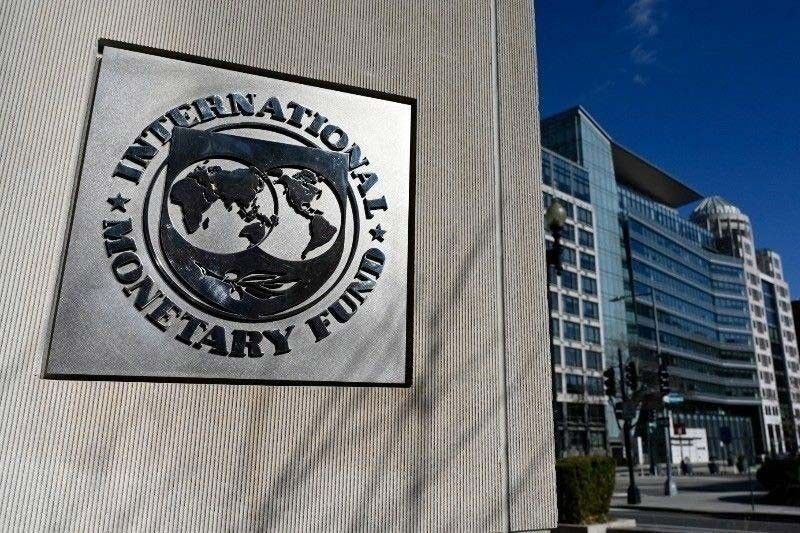IMF slashes Philippines 2023 growth target to 5.3 percent

Washington — based International Monetary Fund (IMF) has slashed its 2023 economic growth forecast for the Philippines to 5.3 percent from the original target of 6.2 percent as the economy confronted a confluence of global shocks.
Shanaka Jayanath Peiris, mission chief of the 2023 IMF Article IV consultation team, said in a press conference that the Philippines’ gross domestic product (GDP) growth slowed to 4.3 percent in the second quarter from 6.4 percent in the first quarter and 7.1 percent in the fourth quarter of last year.
“The Philippine economy has emerged from the pandemic strongly, but has since confronted a confluence of global shocks,” Peiris said.
The IMF’s latest growth forecast is now below the six to seven percent target penned by government economic managers through the Cabinet-level Development Budget Coordination Committee (DBCC).
The Philippines slipped into recession in 2020 with the GDP contracting by 9.5 percent as the economy stalled due to the imposition of strict COVID quarantine and lockdown protocols.
The Philippine economy emerged from the pandemic-induced recession with a GDP growth of 5.7 percent in 2021. Economic growth accelerated further to 7.6 percent in 2022 as strict quarantine and lockdown protocols were fully lifted.
However, the GDP expansion slowed for the third straight quarter for the April to June period “largely due to a weak global economy and tightened policy settings” as the Bangko Sentral ng Pilipinas (BSP) aggressively raised key policy rates.
The central bank raised key policy rates by 425 basis points between May last year and March this year to tame inflation and stabilize the peso.
“Decisive monetary tightening and moderate minimum wage hikes helped mitigate inflationary pressures, with headline inflation now expected to return to the BSP’s target band by the first quarter of 2024. However, core inflation remains elevated and inflation risks are tilted to the upside, including higher commodity prices that could lead to second-round effects,” Peiris said.
Inflation averaged 6.6 percent from January to August and stayed above the BSP’s two to four percent target. Headline inflation accelerated to 5.3 percent in August from 4.7 percent in July, while core inflation eased to 6.1 percent from 6.7 percent.
“Thus, a higher-for-longer policy rate path is warranted until inflation firmly falls within the target range alongside a tightening bias to anchor inflation expectations,” Peiris said.
He said inflation is now expected to ease within the BSP’s two to four percent target range by the first quarter of 2024 instead of the last quarter of 2023.
IMF now sees inflation accelerating to six percent this year from 5.8 percent last year before easing to 3.5 percent next year. The BSP earlier raised its inflation forecasts to 5.8 percent from 5.6 percent for this year and to 3.5 percent from 3.3 percent for next year.
Having bottomed out at the end of the second quarter, Peiris said the Philippine economy is expected to bounce back strongly as the IMF raised its GDP growth forecast for 2024 to six percent from 5.5 percent “supported by an acceleration in public spending and improved external demand for Philippines exports.”
Despite the upgrade, IMF’s revised projection for 2024 is still lower than the government’s 6.5 to eight percent target.
According to Peiris, the main downside risks to the outlook include persistently high global and domestic inflation that could necessitate a further tightening of monetary policy, an abrupt global slowdown putting downward pressure on goods and services exports, an intensification in geopolitical tensions, and depreciation pressures stemming from capital outflows under volatile market conditions.
On the other hand, he pointed out that a more resilient US economy and a rebound in domestic demand, supported by an easing of financial conditions provide upside risks.
He said sustaining the significant growth gains of the past two decades and reaping the benefits of the demographic dividend would depend on further investments to diversify exports, promote the acquisition of new skills, and enhance connectivity across the archipelago to harness the digital economy.
- Latest
- Trending




























